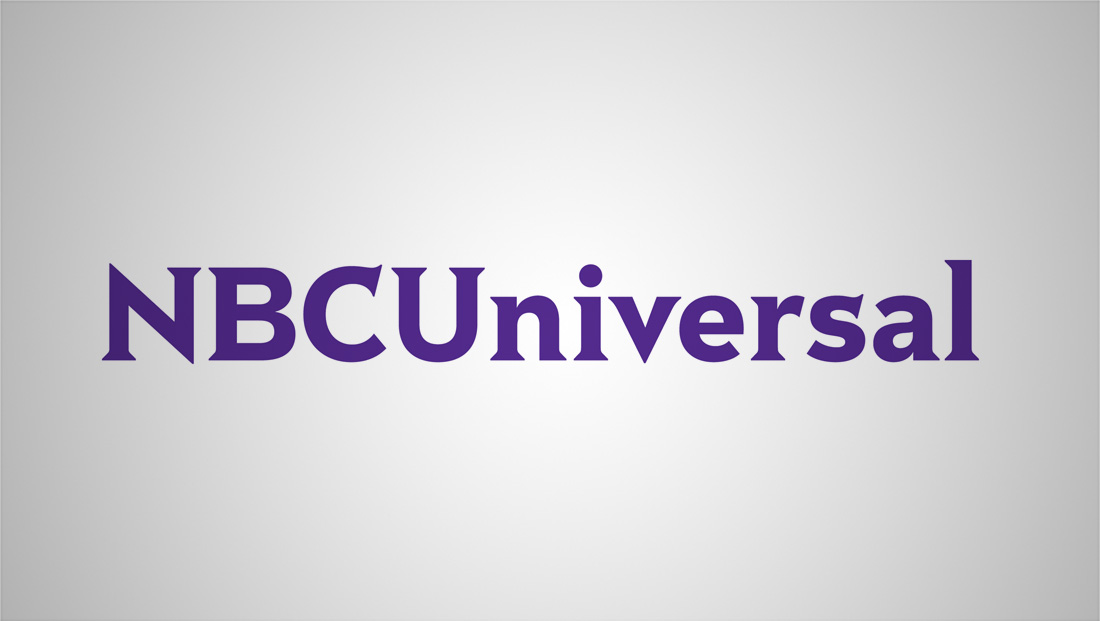Network-owned stations deserve equal treatment, NBCUniversal tells FCC

Weekly insights on the technology, production and business decisions shaping media and broadcast. Free to access. Independent coverage. Unsubscribe anytime.
NBCUniversal has filed reply comments opposing any proposal that would treat major network-owned television stations differently from other broadcasters under federal ownership rules, arguing such distinctions lack legal and policy justification.
The company’s Aug. 22 filing responds to a Media Bureau public notice seeking to refresh the record in a longstanding proceeding examining the national television multiple ownership rule. That rule currently caps any entity’s national audience reach at 39 percent of television households.
The bureau specifically asked whether stations not affiliated with major networks — ABC, CBS, NBC or Fox — should be excluded from ownership caps if the Federal Communications Commission maintains audience reach limitations.
NBCUniversal’s answer was unequivocal: no.
“Differential treatment of broadcast licensees based on their ownership has no basis in law or policy,” the company stated in its four-page filing signed by senior vice president of regulatory affairs Angela Ball.
The company grounds its argument in the Telecommunications Act of 1996 and subsequent amendments, noting that Congress directed the FCC to modify ownership caps by applying them to “a person or entity” and “television stations” without distinguishing between particular owners or stations.
“The FCC cannot read into the statute a distinction that Congress did not envision, let alone authorize,” NBCUniversal argued.
The filing also invokes First Amendment protections, citing the Supreme Court’s Citizens United decision to argue that the government cannot single out “disfavored speakers” for restrictions.
Any relief offered only to certain entities based solely on ownership composition “would be unconstitutional,” the company contended.
NBCUniversal pushed back against suggestions that network-owned stations contribute less to local communities than independent broadcasters. The company detailed its local market presence, operating 36 television stations across 16 states, the District of Columbia and Puerto Rico.
According to the filing, those stations employ more than 4,000 people, including over 2,000 news professionals and provide an average of more than 150 daily hours of local news, weather, consumer reporting, and sports coverage across broadcast, streaming, and digital platforms.
“NBCU’s local stations provide locally focused coverage of issues and stories that affect the lives of local audiences, produced by experienced journalists who live and work in the communities they cover,” the company stated.
The response appears to counter arguments from affiliate groups that network-owned stations serve local markets differently than independent broadcasters. NBCUniversal specifically refuted claims from the Four Affiliate Associations that networks “have no duty, or, seemingly, any desire, to provide local service.”
The proceeding reflects ongoing tensions in the broadcast industry over ownership consolidation and its effects on local programming and competition. The current 39 percent national audience reach cap has remained largely unchanged since 2004, though the FCC has periodically reviewed whether modifications are warranted.
NBCUniversal’s position aligns with other major broadcasters who generally oppose ownership rule distinctions based on network affiliation.
The company argued that if the FCC’s goal is promoting localism, that objective is “only furthered by affording the same treatment to all local television stations, regardless of ownership.”




tags
Angela Ball, Deregulation, FCC, NBCUniversal, NBCUniversal Local
categories
Broadcast Business News, Featured, Local News, Policy